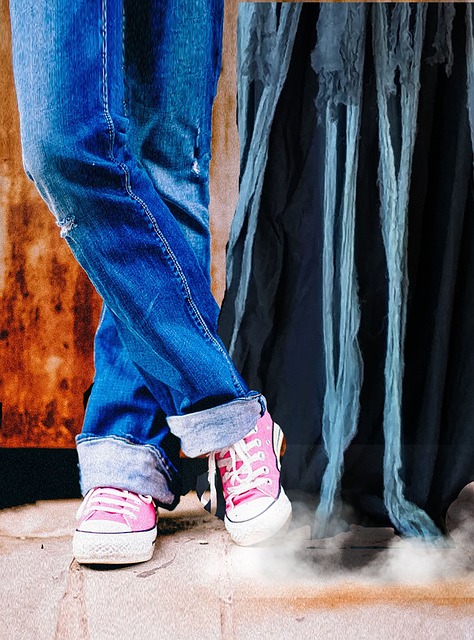Teen Challenge programs, Christian rehab centers for young adults, face legal scrutiny due to Teen Challenge lawsuits over alleged abuse, neglect, and false advertising. These suits highlight physical, emotional, and psychological mistreatment, harsh indoctrination methods, and lack of oversight. Success could lead to substantial reforms, including improved safety protocols, staff training, and collaboration with external support networks to enhance participant well-being and prevent future legal issues.
“Discover the impact of class-action lawsuits targeting Teen Challenge programs, a national concern. This article delves into the intricacies of these legal battles, shedding light on the vulnerabilities of youth-serving organizations. We explore common allegations, from emotional abuse to financial misconduct, that have led to significant legal repercussions. Additionally, we analyze potential consequences and offer insights into reforms needed to safeguard participants, ensuring a safer environment for at-risk teens. Understanding these lawsuits is crucial in navigating Teen Challenge’s legal landscape.”
- Understanding Teen Challenge Programs and Their Legal Vulnerabilities
- Common Allegations in Class-Action Lawsuits Against These Organizations
- Potential Consequences and Reforms for Teen Challenge Programs
Understanding Teen Challenge Programs and Their Legal Vulnerabilities

Teen Challenge programs, often non-profit organizations, are Christian-based rehabilitation centers designed to help young adults overcome substance abuse and other challenges. These programs operate under the belief in the transformative power of faith and community support. However, despite their well-meaning objectives, Teen Challenge centers have faced significant legal scrutiny, particularly in the form of class-action lawsuits.
The vulnerability of these programs lies in their reliance on donations and volunteers, which can lead to inconsistencies in care quality and a lack of regulatory oversight. Moreover, allegations of abuse, neglect, or false advertising can arise, as some former participants have come forward with stories of mistreatment or unrealistic expectations. These legal challenges highlight the importance of transparency, accountability, and ethical practices within Teen Challenge organizations to protect both their clients and their operational integrity in the face of potential Teen Challenge lawsuits.
Common Allegations in Class-Action Lawsuits Against These Organizations

In many Teen Challenge lawsuits, participants and former staff members allege a pattern of physical, emotional, and psychological abuse within the programs. These organizations, which often operate as religious or semi-religious retreats, are accused of using intense indoctrination techniques, excessive physical punishment, and manipulative practices to enforce discipline. The plaintiffs claim that these methods can lead to severe mental health issues, trauma, and even long-term physical injuries.
Common grounds for legal action include negligence, intentional infliction of emotional distress, false imprisonment (due to the isolated nature of the programs), and breach of trust. The lawsuits often focus on the potential harm caused by the Teen Challenge model, which can create a culture of fear and control, hindering participants’ ability to make informed decisions about their well-being. These legal battles aim to bring awareness to the alleged issues and potentially spark reforms within these programs to ensure the safety and rights of those who attend.
Potential Consequences and Reforms for Teen Challenge Programs

The potential consequences of a successful Teen Challenge lawsuit could significantly impact the program’s operations and future sustainability. With increased legal scrutiny, programs may be required to overhaul their policies, procedures, and overall treatment approaches. This could involve stricter regulations on safety protocols, consent forms, and record-keeping practices to ensure participant well-being and protect them from potential harm.
Reforms might include enhancing staff training on ethical practices, cultural sensitivity, and crisis intervention. Programs may also need to diversify their support networks by collaborating with external organizations specializing in youth mental health and addiction recovery. Such changes could ultimately lead to improved outcomes for participants while mitigating risks of future legal actions.
Class-action lawsuits against Teen Challenge programs have brought attention to potential vulnerabilities within these organizations, particularly regarding allegations of abuse and misconduct. By understanding the common claims and exploring potential consequences, Teen Challenge programs can implement necessary reforms to ensure a safer environment for participants. Moving forward, prioritizing transparency, accountability, and comprehensive training will be crucial in mitigating risks and fostering positive growth for at-risk youth. This proactive approach can help prevent future legal battles and create a more robust framework for these challenging yet vital programs.
